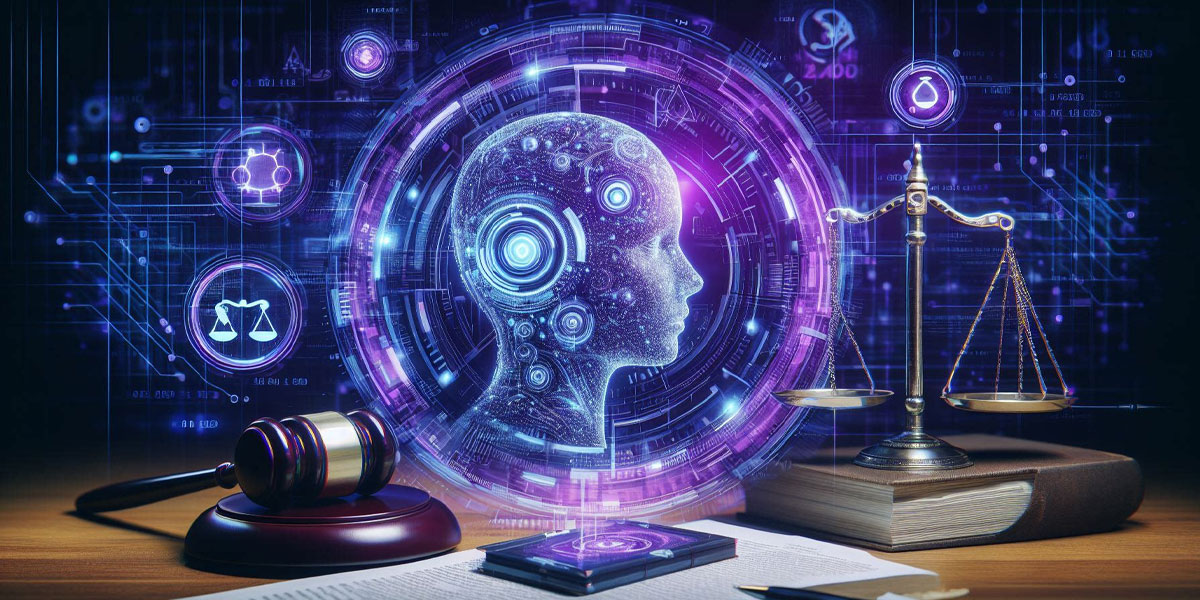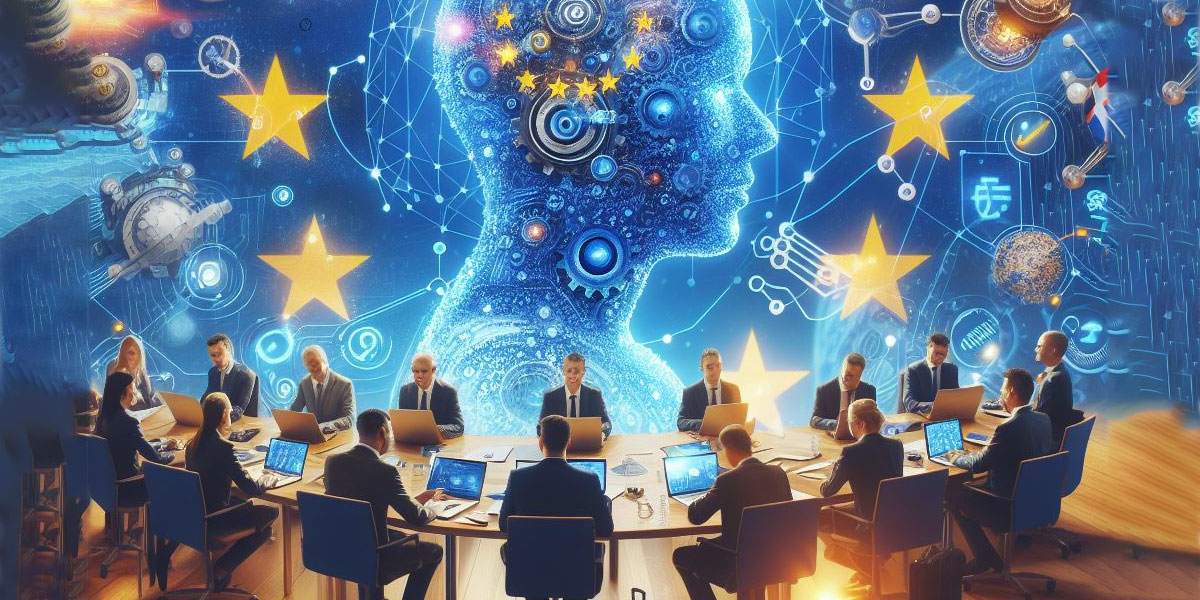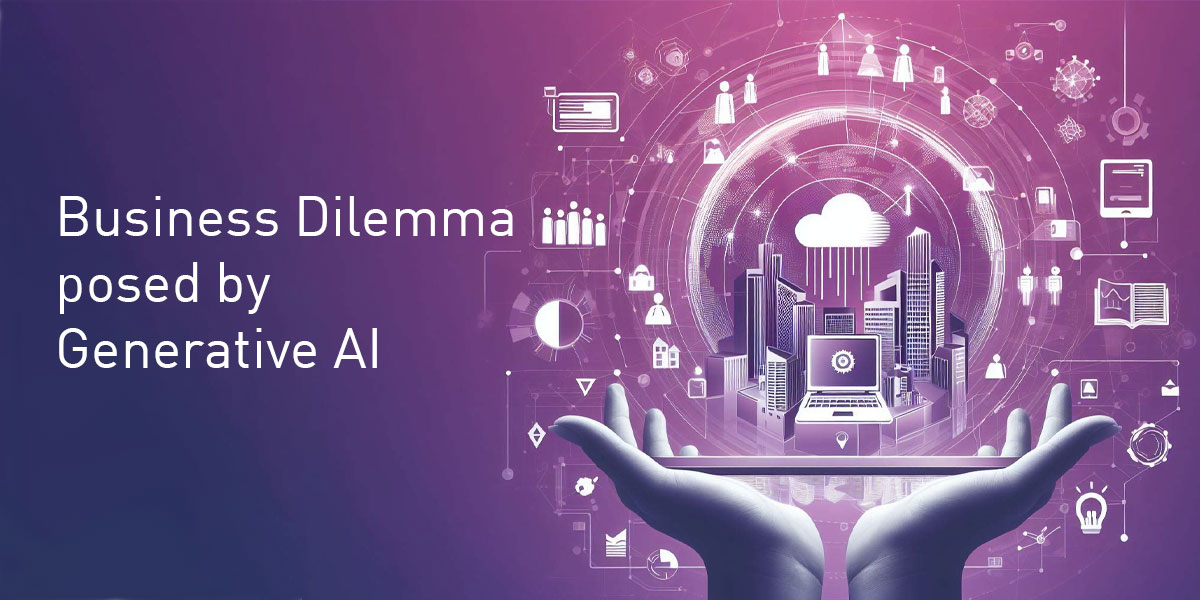Necessary cookies are absolutely essential for the website to function properly. These cookies ensure basic functionalities and security features of the website, anonymously.

OpenAI DevDay: The Key Takeaways
In the dynamic world of artificial intelligence, OpenAI's inaugural developer conference included groundbreaking announcements that signify a new chapter for developers. Here's an in-depth look at how these updates are set to revolutionise the data analytics startup scene.
Pioneering Developments in AI
The introduction of the GPT-4 Turbo model stands out as a landmark development. This advanced version of OpenAI's language model breaks new ground with its ability to process the equivalent of more than 300 pages of text, providing a richer and more detailed understanding for data-intensive tasks. This is a boost for data analytics, where deep insights and long-term data correlations are invaluable. What's more, this enhanced capability comes at a reduced cost, offering startups the dual benefits of high efficiency and affordability.
OpenAI's commitment to making AI more approachable and customisable was evident in their announcement of GPTs. These tailored AI models can be created by anyone to serve specific functions, from simplifying data interpretations to automating routine tasks, without needing to write a single line of code. This ease of use promises to accelerate innovation and productivity in the workplace by allowing more team members to contribute to AI-driven projects.
The Assistants API is another transformative tool introduced at the conference. It empowers developers to build AI applications with a clear purpose, capable of executing tasks and achieving goals with a high degree of autonomy. This API simplifies the creation of applications that can interact with data, analyse trends and even manage complex queries, which can significantly enhance the capabilities of data analytics tools.
OpenAI's move into multimodal capabilities is a significant step towards a more integrated AI experience. By introducing vision and image creation with DALL·E 3 and text-to-speech technologies, AI can now interact with data and users across multiple dimensions. For instance, data visualisation is not only about viewing charts and graphs; it's also about understanding the stories they tell through detailed descriptions generated by AI.
The Future of AI: Accessibility and Partnership
A highlight from the DevDay was the announcement of GPT-4 Turbo with vision, which introduces image understanding into the mix. This feature could redefine how startups engage with visual data, offering analysis that goes beyond numbers and charts. The potential for enhancing user experiences and offering sophisticated visual data analysis is immense.
The forthcoming GPT Store and the Custom Model programs are designed to grow a collaborative ecosystem where developers can share their GPT creations with the world. This initiative is particularly exciting for startups as it opens up new avenues for innovation and provides opportunities for additional revenue streams.
In the midst of this technological leap forward, OpenAI has not lost sight of the importance of safety and privacy. New systems to review GPTs and robust privacy controls ensure that the use of AI remains responsible and user-centric. However, whether OpenAI truly protects user privacy is yet to be seen.
Furthermore, the partnership between OpenAI and Microsoft underscores a shared vision for the future of AI — a future that includes the ambitious goal of developing Artificial General Intelligence (AGI). With significant investment and a strong collaboration, the two tech giants are paving the way for an AI future that is integrated into the fabric of daily life and work.
Conclusion
The OpenAI DevDay announcements represent not just a series of updates, but a shift in how we interact with and see the future role of AI. For data analytics startups, these advancements offer a unique opportunity to redefine their products and services.
However, it is important not to get sucked into the hype-cycle. Whilst impressive, AI still has problematic implications when it comes to ethics, privacy, copyright and bias.






